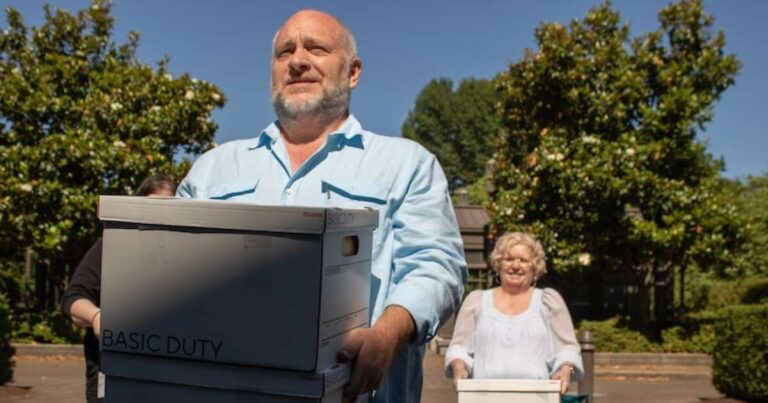Oregon voters have another decision to make in November: whether to make it easier for cannabis workers to unionize.
The Oregon Secretary of State's office confirmed Thursday that a bill blocking cannabis retailers and processors from opposing employee unions has gathered enough signatures to officially become Ballot Measure 119.
The idea has been pushed relentlessly in recent years by Food and Commercial Workers Local 555, the state's largest private sector union, and the state has spent more than $2.4 million collecting signatures to qualify it for the ballot. Election officials determined that approximately 80% of the 156,533 signatures submitted by UFCW were valid. This is enough to clear the 117,173 hurdles required to proceed.
That means unions are preparing to spend even more to sell voters on ideas that critics believe will lead to lawsuits.
The proposed measure would require cannabis retail and processing business owners to sign “labor peace agreements” with labor unions in order to obtain state licenses. Under such agreements, management agrees to remain neutral if employees take steps to unionize.
UFCW tried to persuade the state Legislature to pass a similar policy last year, but failed after key lawmakers expressed concerns that the proposal would violate federal labor law. In response, unions spent more than $300,000 trying unsuccessfully to recall state Rep. Paul Holvey of Eugene, a powerful House Democrat, for his role in killing the bill.
Unions argue that the proposal would only bring protections to Oregon cannabis workers in line with safeguards adopted in states such as California and New York. But company officials say the proposal, if adopted, will inevitably lead to lawsuits.
Oregon Business and Industry, the state's largest business lobbying group, opposed the proposal before lawmakers, saying it would be “likely to be preempted by the National Labor Relations Act and therefore subject to litigation in Oregon.” It is almost certain that it will.”
OBI declined to say whether it plans to campaign against the measure. UFCW, on the other hand, is showing confidence.
“We've done several polls on this,” said Michael Selvaggio, the union's political director. “We are well on our way to passing the exam.”
The cannabis proposal would be the fifth and final statewide measure Oregon voters can expect when ballots arrive for the Nov. 5 election this fall. Three measures mentioned by lawmakers last year are also on the table. Gives lawmakers impeachment power over the governor and other statewide electors (Measure 115), creates a new commission to set salaries for elected officials (Measure 116), and Require “ranked voting” for selection (Measure 117). ).
Perhaps the most hotly contested bill this year is Measure 118, the so-called “Oregon Rebate,” which would raise taxes on companies with annual sales of more than $25 million and share the proceeds among Oregonians.
The idea is opposed by business groups and state officials like Gov. Tina Kotek, and is expected to lead to a costly battle.

